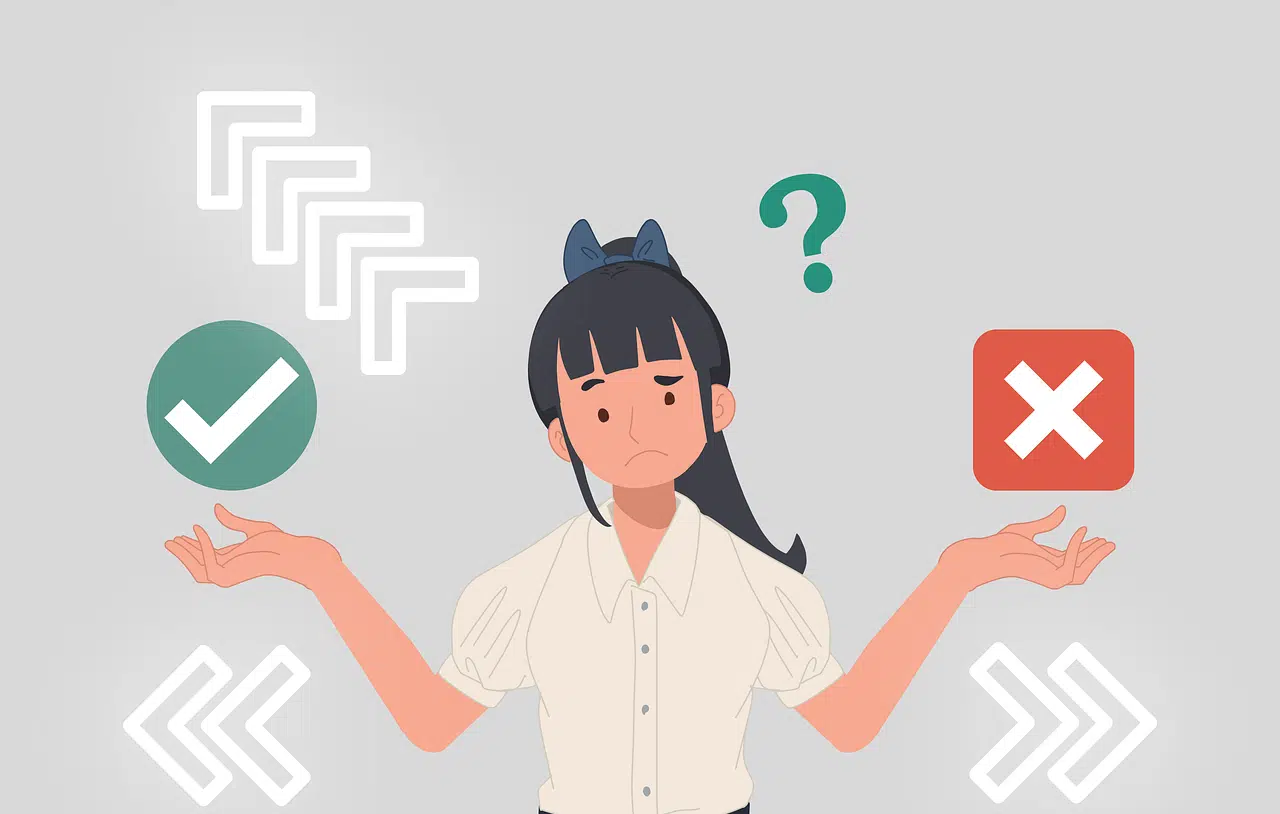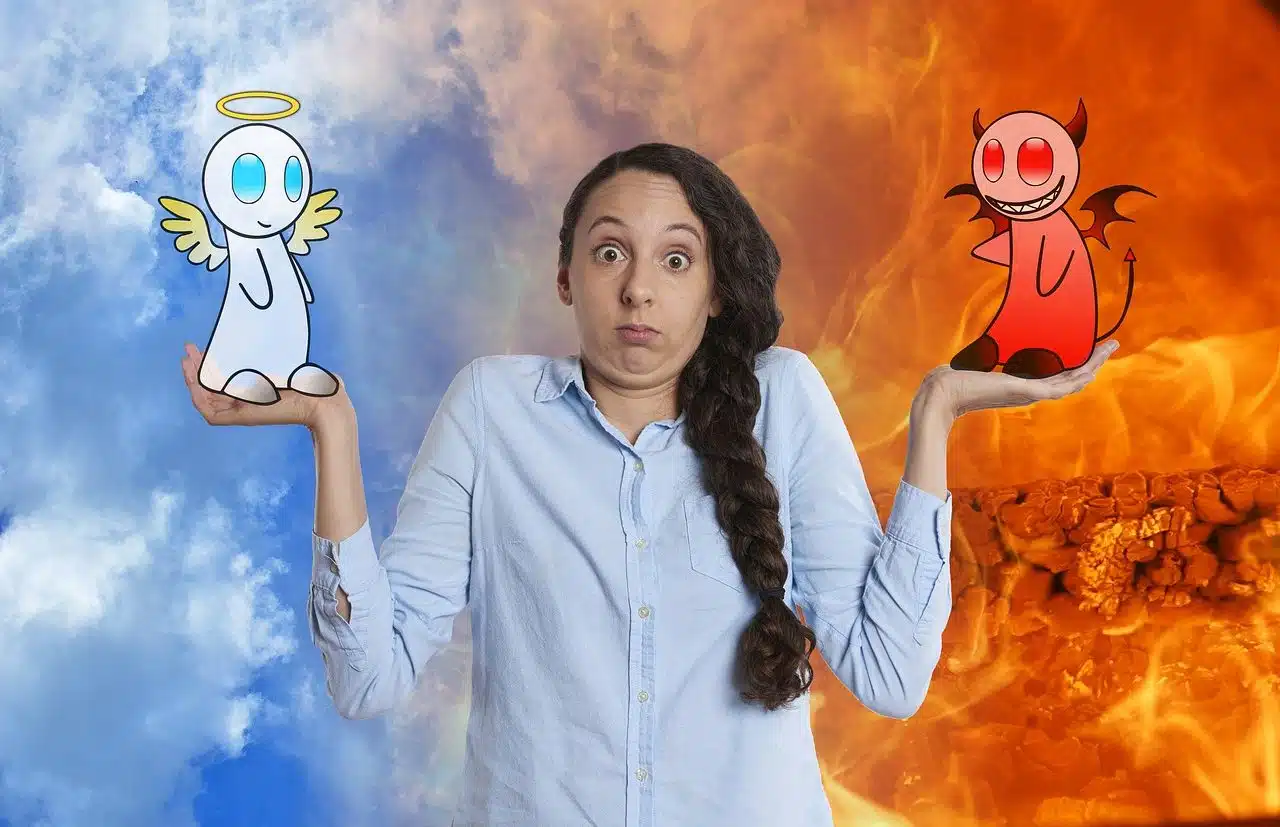
Moral reasoning allows an individual to judge the value of things.
Moral reasoning is a mental process that allows a person to judge the value of things , in order to determine right and wrong. This reasoning implies a question about the essence and consequences of actions.
The set of values, thoughts and habits of an individual or a community is known as morality . These beliefs act as a guide that dictates how to act. In other words: morality indicates what is right and what is wrong. Reasoning , on the other hand, is the process and result of reasoning (the mental activity carried out to generate, structure and order thoughts that allow us to reach a conclusion).
Development of moral reasoning
Moral reasoning begins to develop in childhood , from approximately 5 years of age. Until that moment, the little ones are not aware of the rules and do not understand what the right thing to do is. As they develop and advance in the maturation process, children acquire notions about justice and begin to establish moral criteria.
Suppose a man is offered a large sum of money in exchange for selling counterfeit clothing on the street. Beyond the legal level (selling counterfeit clothing is a crime), the person in question could develop moral reasoning and come to the conclusion that, with their actions, they would harm manufacturers and distributors who work honestly. In this way, he would determine that his behavior would be harmful and incorrect, so his morals would lead him to reject the proposal.

Moral reasoning leads to distinguishing between what is good or positive and what is bad or negative.
Levels and stages
According to Lawrence Kohlberg , an influential American psychologist of the 20th century , human beings present a moral development that extends across three levels, each of which is divided into two stages, as explained below:
Preconventional Level
The rules represent an external reality and we respect them taking into account the consequences, which can be rewards or punishments, or if the person who establishes them has more power than us and imposes their compliance on us.
- Obedience and fear of punishment : There is no autonomy, but rather heteronomy (the agents that establish what can be done are external). Although this stage is expected to end childhood, certain criminals who only stop when faced with fear also present it.
- Favoring one's own interests : On the way to developed moral reasoning, we also go through this phase in which we assume the rules whenever it suits us. So much so that it seems right to us that other people do the same with respect to their own interests. This selfish way of living, typical of children, is also seen in adults who accept any behavior as long as it does not cause discomfort, or who only respect those who respect them.
Conventional level
It takes place when we begin to identify with a group and want to meet their expectations.
- Interpersonal expectations : Fear of punishment and self -interest are included in the expectations of our environment. We need to please others, to accept us and love us; Any action that gives us this result represents the right thing.
- Established social norms : We are loyal to current social institutions. We comply with the rules established by society to generate a common good. Our moral reasoning leads us to want to act in a responsible and committed manner. We usually reach this stage once we completely overcome adolescence.
Post-conventional level
It comes when we understand and accept the general moral principles that give rise to the rules. The principles that we choose on a rational level have more weight than the rules.
- Priority rights and social contract : We open ourselves to the world, we recognize that we all have the same rights and that these transcend conventions and institutions. Therefore, we question pre-established values and norms.
- Universal ethical principles : We understand that there are certain principles that we must follow above the institutions and obligations imposed by law. The commitment to morality is very deep and we can carry out acts of great courage to defend our ideas.
